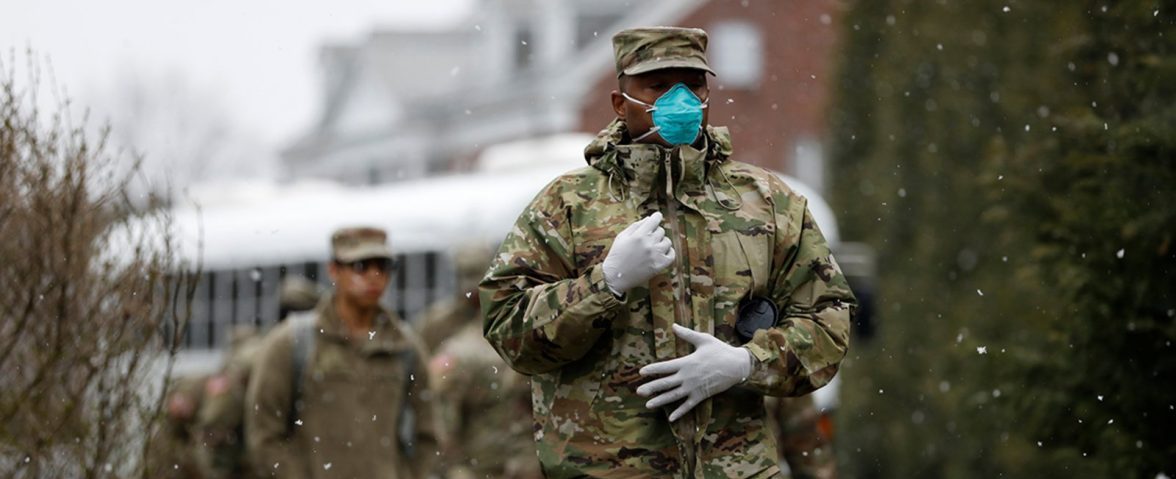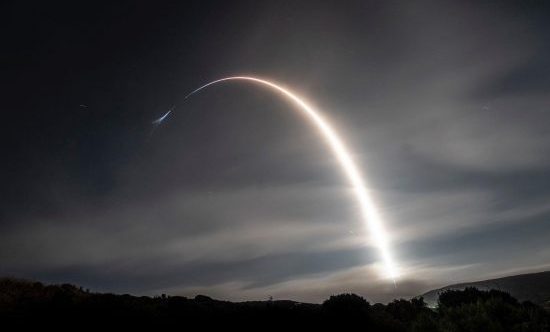War continues to exist and does not change as a phenomenon. And although the likelihood of a major war, one analogous to the global conflagrations of the twentieth century, is small due to their catastrophic nature and the deep interconnectedness of the modern world, regional and local conflicts continue to flourish, and the defence budgets of countries set new records from year to year.
International crises have returned to the front pages of the world media. A civil war rages on in Libya with the participation of external forces. On the border between India and China, the concentration of military units is intensifying. The United States made an unsuccessful attempt to overthrow the government of Venezuela. The number of victims of the conflict in Syria is growing, and Donbass faces a new aggravation of its on-going struggle with Kiev. And all this is happening in the midst of the novel coronavirus pandemic.
Why does a pandemic not prevent nations from fighting with each other? War is a way to resolve deep contradictions in which the vital interests of the parties are affected. The violation of such interests is most often incompatible with the viability or sustainable development of the respective states. These interests are so important that governments choose the final expedient method of resolving contradictions – the use of military force.
It has been historically proven that wars are arduous, expensive, and ultimately indefinite in their conclusion. Sun Tzu’s metaphors from his classic treatise “The Art of War” retain their enduring relevance: “the best military policy is to attack strategies; the next to attack alliances; the next to attack soldiers…” The difference between these types of attacks, according to Sun Tzu, consists in one thing – of all kinds of fighting, “there is nothing more difficult than fighting in a war.”
However, war continues to exist and does not change as a phenomenon. And although the likelihood of a major war, one analogous to the global conflagrations of the twentieth century, is small due to their catastrophic nature and the deep interconnectedness of the modern world, regional and local conflicts continue to flourish, and the defence budgets of countries set new records from year to year.
The 2020 pandemic halted many global processes. The greatest toll has been exacted on the economic, social, cultural, and sports life of most countries. But international conflicts are somehow exempt. What is the reason?
On the ladder of state needs, if an analogy can be made to the hierarchy of human needs of Abraham Maslow, physical security and sovereignty are fundamental. While countries can sacrifice other needs, they can’t give up security; for its sake, they will be ready to sacrifice any resources.
It can be argued that many contemporary conflicts are not based on a clash of vital interests. Does the US really need a regime change in Venezuela, especially in light of the multiple internal conflicts that the US is experiencing now? The civil war in Libya is definitely not on the list of key priorities for Russia, the United States or Turkey. And, nevertheless, the competition of external forces in this country has not weakened.
The fact is that countries have different perceptions of their need for security. Even during a pandemic, countries do not reduce their participation in military conflicts. It means that they perceive the coronavirus pandemic as a less dangerous challenge than damage to their geopolitical positions at the hands of their competitors. All this ultimately suggests that conflict remains the core international process.
We can conclude that the coronavirus pandemic did not amount to an existential threat, which would require the unification of the forces of all mankind. The crisis would not force the states to make counteracting the pandemic their first priority and put aside national interests in protecting security and strengthening geopolitical positions. This means that in general terms, the world remains the same. The aggravation of modern international conflicts suggests that the leading countries – primarily the USA, Russia and China – are counting on a speedy return to the “normal” that they see in classic inter-state competition, which began long before the pandemic.
Original publication valdaiclub.com












